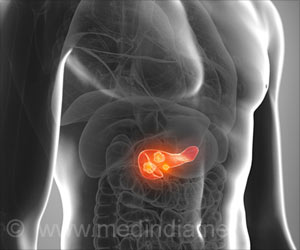
Dr. Toshihisa Ishikawa and his team analyzed the DNA of patients with primary lung cancer and found that non-smoking Japanese women with two copies of the SNP (-617A) in the NFR2 gene had a markedly higher incidence of adenocarcinoma of the lung, as compared with non-smoking, homozygous males.
Furthermore, they find that both male and female lung cancer patients homozygous for the same SNP in the NRF2 gene survive lung cancer much better.
Nuclear factor erythroid-derived 2 (NF-E2)-related factor (NRF2) controls cellular adaptation to oxidants and electrophiles by inducing antioxidation and detoxification genes, and protects normal cells from external toxic challenges and oxidative stress.
Their study also suggests that lung cancer patients harboring a SNP (-617A) allele in the NRF2 gene in combination with the wild-type allele of the MDM2 gene have better prognosis.
"This is the first report providing clinical evidence that homozygous alleles for the SNP (-617A), one of the intrinsic genetic polymorphisms in the NRF2 gene, are associated with the overall survival of lung cancer patients," explains Dr. Ishikawa.
Advertisement
Source-Eurekalert















